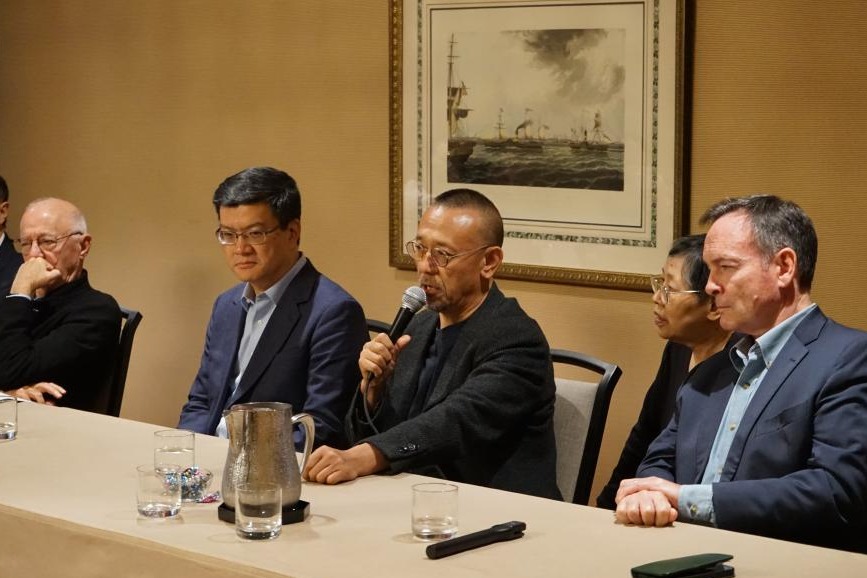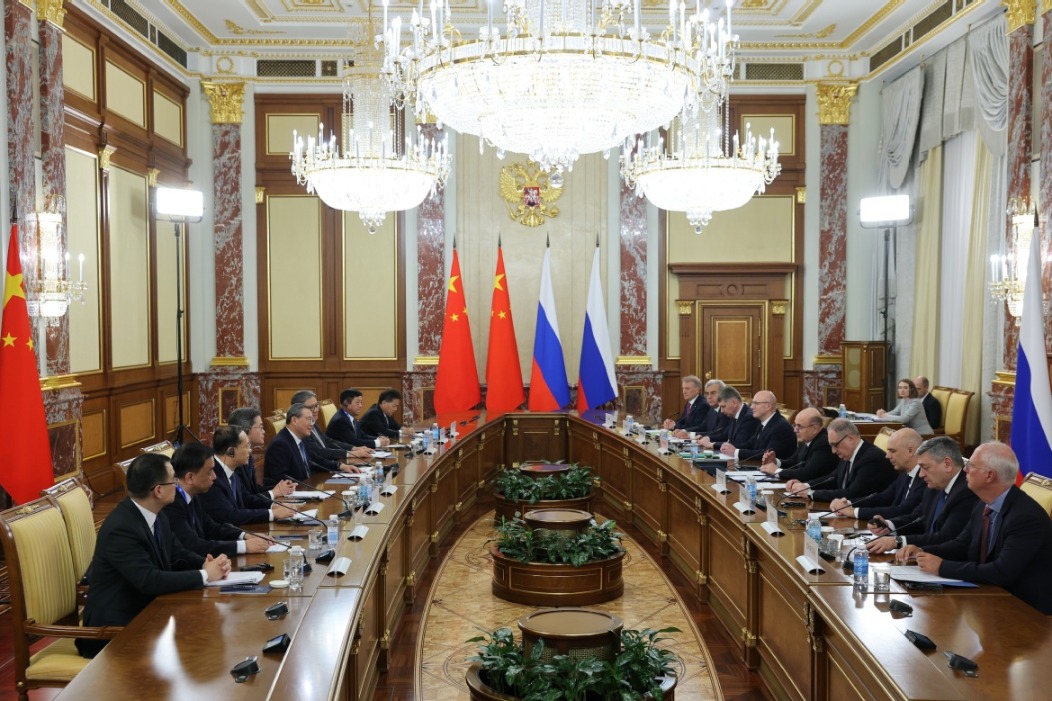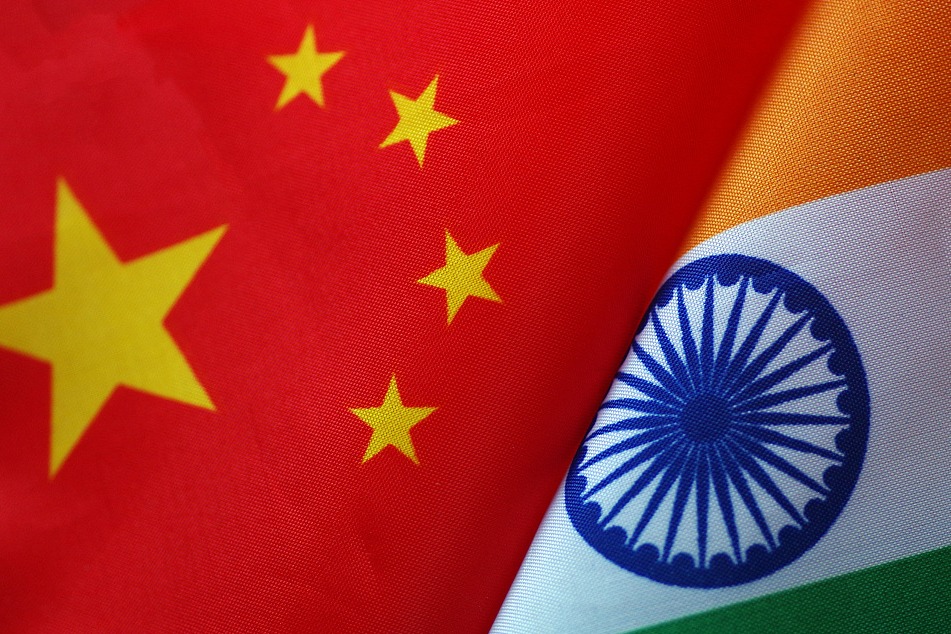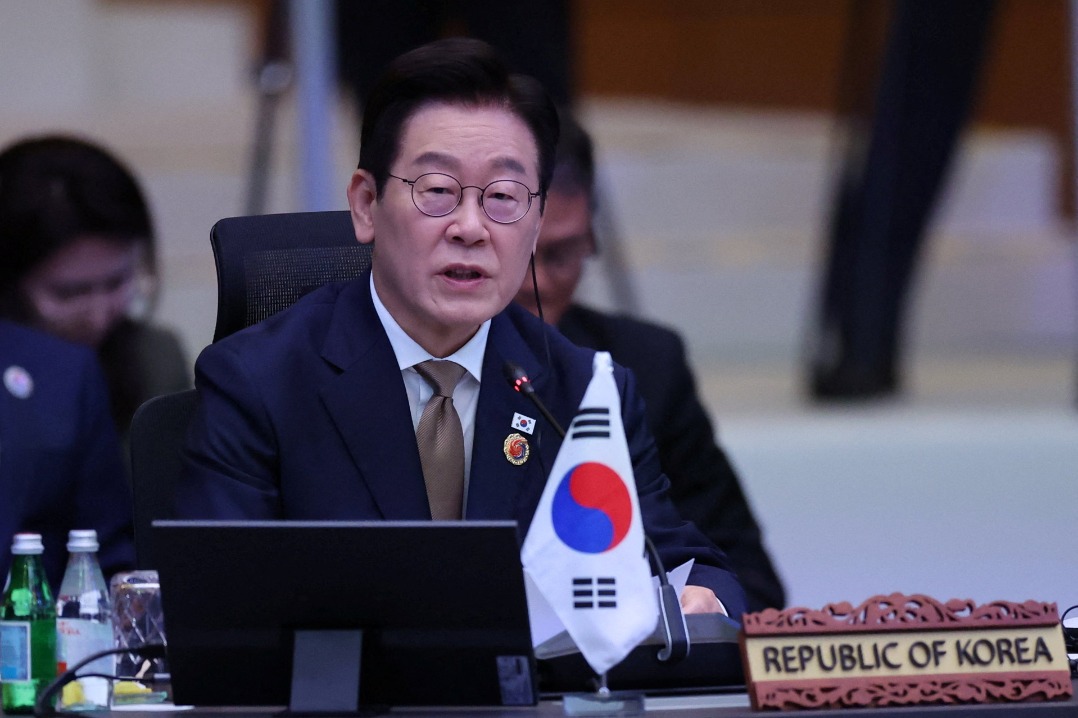Japanese PM's Taiwan remarks draw backlash from Chinese-American groups

Japanese Prime Minister Sanae Takaichi's recent provocative remarks on Taiwan have drawn fierce criticism from historical and peace advocacy leaders in the United States, who urged her to retract her statements and reflect on Japan's wartime crimes.
The backlash follows Takaichi's comments at a Diet meeting, where Takaichi told lawmakers that any use of military force by the Chinese mainland against Taiwan could be considered a "survival-threatening situation" for Japan. It's the first time that a Japanese leader publicly suggested the possibility of military intervention in the Taiwan Strait.
Betty Yuan, council member of Chinese for Peaceful Unification-Northern California, said that Takaichi's statement was "provocative and dangerous" rhetoric and that Japanese society must remain vigilant against any resurgence of militarism.
"It is deeply concerning that these remarks were issued at the milestone of the 80th anniversary of Taiwan's restoration and the victory of the Chinese People's War of Resistance Against Japanese Aggression. This is grave disrespect to history and a provocation to the feelings of victimized peoples," Yuan told China Daily.
"It will inevitably have a negative impact on cross-Strait relations and ties between China and Japan. We firmly oppose any attempt to downplay or whitewash Japan's history of invasion," Yuan added.
Taiwan, occupied by Japan after Tokyo waged war against China in 1894, remained under Japanese rule for 50 years. On Oct 25, 1945, the Allied powers accepted Japan's surrender in a ceremony in Taipei, officially restoring Taiwan to China.
Fred Zou, deputy secretary-general of the Alliance for China's Peaceful Reunification, USA, echoed concerns about growing militarist sentiment in Japan.
"After China lodged a strong protest and Japanese lawmakers urged her to retract the comments, Takaichi refused, which shows just how hardline her stance is," he said.
"Japan in recent years has been stepping up its military moves, attempting to use military means to interfere in other countries' internal affairs. This exposes the sinister ambitions of Japan's right wing," Zou said.
Both leaders highlighted Takaichi's comments as eerily reminiscent of Japan's colonial rule over Taiwan, an era that left lasting wounds in the region. "We remain alert to such unapologetic rhetoric. I fear that it could further escalate tensions in the region," Yuan said.
"Making such statements at this moment gravely hurts the relationship between China and Japan and the feelings of the Chinese people," Zou added. He also noted that Japanese authorities have attempted to obstruct Chinese commemorative activities this year, including the airing of the film Nanjing Photo Studio and the military parade marking the end of WWII.
After Takaichi's comments, Chinese Vice-Foreign Minister Sun Weidong summoned Japan's Ambassador Kenji Kanasugi, calling the prime minister's remarks "extremely wrong and dangerous." Sun urged Japan to deeply reflect on its historical crimes and responsibilities, immediately reflect and correct its mistakes, withdraw its bad remarks and not go further down the wrong path.
Yuan voiced strong support for China's official position that "Taiwan is an inalienable part of China" and stressed the role of overseas Chinese communities in defending historical truth and national dignity.
"China's appeal for Japan to reflect on its historical wrongdoing reminds us of the importance of intensifying education about the war of resistance and Taiwan's restoration in our communities. We must ensure the younger generation understands historical truths and is not misled by erroneous narratives," Yuan said.
Facing fresh strains in Sino-Japanese relations, both Yuan and Zou stressed that the overseas Chinese community and peace organizations can play an important role in promoting peace and stability.
"Communities should unite by strengthening historical education and commemorations, briefing local governments about the dangers of provocative remarks from Japanese politicians, and mobilizing support for peace," Yuan said.
Zou agreed, emphasizing the importance of education.
"This year, Chinese communities and associations across the US have held commemorative events for the 80th anniversary of victory in the war of resistance, with almost every major city participating," he said.
"I think this new generation of Japanese politicians lacks an understanding of history and is deeply influenced by right-wing ideology. If Japan continues to be this stubborn, and insists on reviving militarism, I believe China will certainly hit back and deliver a profound lesson," said Zou. "Such a lesson would not only be supported by the Chinese people, but also by other Asian countries that suffered from Japanese aggression."































